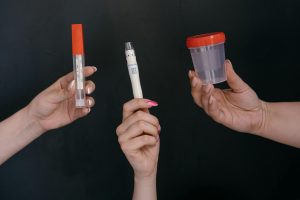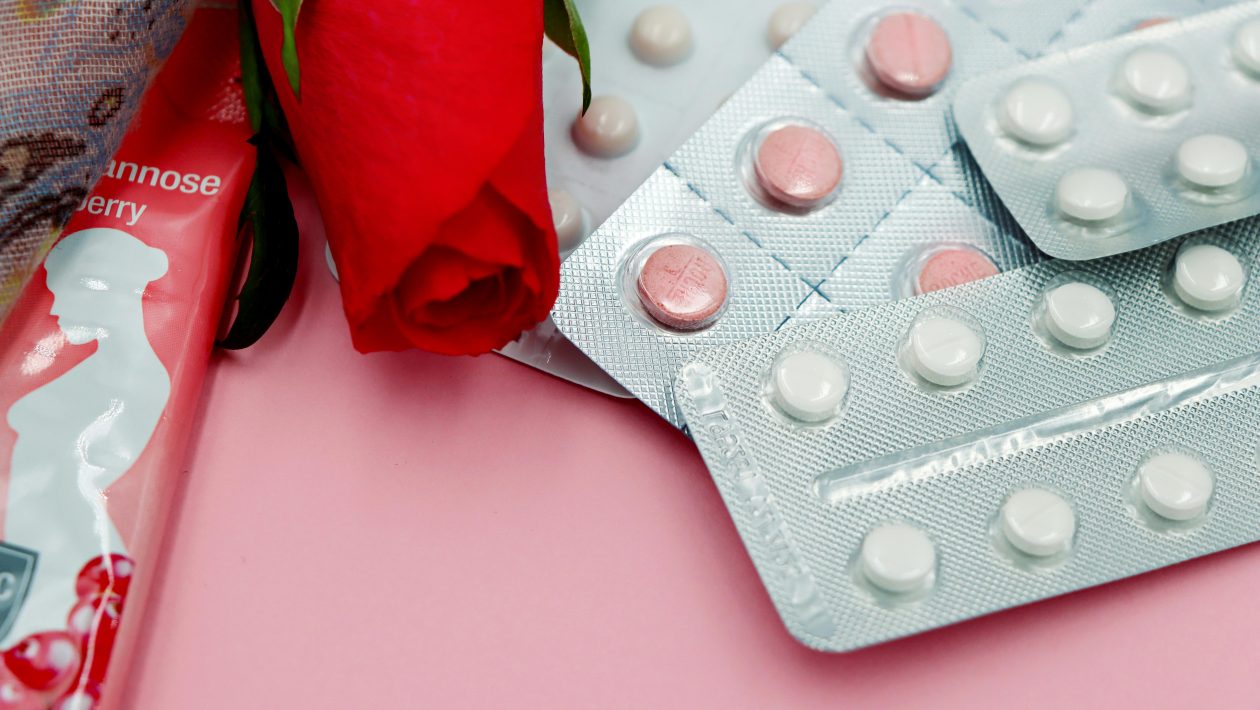Urinary tract infections can happen when bacteria attack our lower abdominal area, causing discomfort. The immediate symptoms to detect the condition reflect pain during urination. If you are already experiencing this condition, you should figure out whether a UTI causes bloating.
According to Medical News Today, bloating isn’t directly associated with UTI. But if the infection keeps repeating, you might experience bloating due to this. If your UTI is triggered by an imbalance in gut microbiota, it can cause gastrointestinal problems like bloating. Let us understand the correlation in detail.
Table of Contents
Does a UTI cause bloating?
UTI occurs when there is an infection in any part of the urinary tract. So, it isn’t necessarily associated with our private areas. It can happen in the bladder or urethra and usually enters through the tract.
Common symptoms you can experience while facing a UTI include:
- Cloudy urine
- Inflammation
- The foul smell while urination
- Increased frequency of urinating
- Burning sensation in the genitals
Bloating and abdominal discomfort aren’t symptoms quickly associated with this condition. But there are chances of occurrence and correlation. If UTI causes swelling in the abdomen and makes you feel full all the time, you might experience bloating.
As our immune system starts working towards curing any infection, the process can lead to gastrointestinal issues that lead to bloating. UTI medication can also cause bloating, as antibiotics trigger digestive issues in our bodies while helping us heal.
If your infection is severe and spreads to the kidneys, bloating can be a clear sign. In such a case, fever, pain, and nausea are other circumstances that show up while you go through treatment.
Why does UTI cause bloating?
Since bloating is not directly associated with UTI, there are a few conditions when it can occur:
How the immune system operates
An inflamed bladder, urinary tract, or other organs are immediate reactions caused by the immune system when fighting a UTI. Pain, fullness, pressure, and frequent urination are common symptoms.
Treatment
Antibiotics used to treat UTIs must include medicines that offer digestive relief. If not, there are chances of bloating, indigestion, and diarrhea.
Gut bacteria
According to a study conducted in 2022, the diversity of bacteria in our gut reflects how our body responds during UTI. Women who had lower diversity in gut bacteria saw a return of UTI after undergoing treatment, which eventually led to bloating symptoms. A type of E. Coli can cause UTI. Since each person’s immune response differs, so does their capability to prevent infection spread.
Emphysematous cystitis
While this type of UTI is rare, it can lead to pneumaturia. In such conditions, air passes during urination. In this case, inflammation can lead to a buildup of gas that causes bloating.
How to detect UTI?
The symptoms of UTI give us reasons to consult a doctor. The earliest sign is irritation or pain during urination. Depending on the severity, the patient must visit a doctor or take a urine test. If a patient has already faced the condition and finds symptoms return, there are chances of reoccurrence. Doctors can recommend an ultrasound if they detect the condition complicated.

How to prevent UTI?
Understanding the reasons why UTI happens helps us take precautionary measures to prevent UTI. Here are some situations to keep in mind to prevent UTI:
- Practicing safe sex is necessary as UTI can transmit sexually
- Cleaning private parts before intercourse is safe and hygienic
- Peeing every time one has the urge and not holding onto it
- People with a uterus must clean front to back when wiping
- Releasing the bladder completely during urination each time
- Wearing comfortable clothing to feel breezy inside
- Not using chemical products in private areas
- Drinking 6-8 glasses of water every day
- Use safe birth control methods
UTI bloating relief
To combat the impact of bloating during UTI, it is best to incorporate some lifestyle changes without additional medication. These simple tips include:
Flushing out toxins
Water is the best remedy during UTI as it flushes away the toxins and gradually depletes the infection from within.
Good food
To maintain a happy gut, you need only cook healthy meals at regular intervals. Reduce the type of food that makes you bloat, such as beans, wheat, or other forms of carbs.
Cranberry extracts and D-mannose are some nutrients to add to your diet during this time. It is best to consult your doctor before altering your diet while taking medication.
Reduce sugar
Sugary food makes bacteria feed on it and spread further. You must avoid fizzy sodas filled with sugar that can aggravate gastric issues and increase bloating.
Final thoughts
UTI and bloating are uncommon together, but there are a few rare instances when this is a possibility. It is imperative to note how the body reacts and consult a doctor accordingly.
Treating UTI as soon as possible is necessary, as it can lead to severe kidney infection if not treated. If the symptoms mentioned above repeat quite often, it would be best to get an overall health checkup.
Frequently Asked Questions
1. Can UTI cause weight loss?
In severe conditions, UTI might cause a loss of appetite that leads to weight loss if a proper diet is not maintained. The best way to not let this happen is to consume meals even if one doesn’t feel like eating.
2. Can a UTI cause weight gain?
UTI can cause bloating and make the stomach look and feel bulgier, but it does not cause weight gain. If there is an imbalance in the gut microbiota, it can lead to weight gain and cause recurrence of UTI post-treatment.
3. Can a UTI cause bloating and weight gain?
An imbalance in gut microbiota after a urinary tract infection can result in the occurrence of the infection and also lead to weight gain. If not, then weight gain is not associated with UTI. Bloating can happen due to antibiotics associated with UTI.

